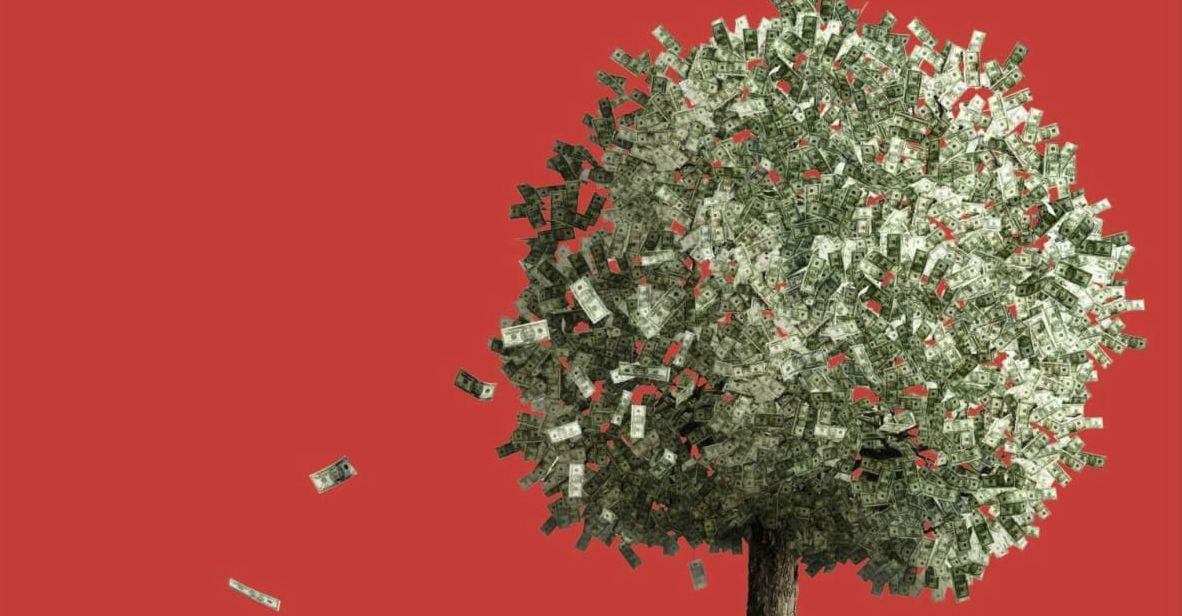 The Cove
The Cove
Ron Rash
Text Publishing
Historical fiction often excites Australian readers. It also creates heightened anxiety, particularly amongst those who covet the intellectual and political turf of the past. (The hysterical wash-up of Kate Grenville’s Secret River is a recent telling example). Nothing gets a history professor hotter under the collar than an Australian novel set in our colonial past that fails the empirical test of ‘accuracy’. Left to professional historians, of course, we would have to be satisfied with hierarchal mythologies, be they foundational or revisionist, fed to us like an instructional manual of how to receive and understand the past. Thankfully, when our historical fiction comes from offshore, we can simply enjoy it for what it hopes to be: a good story told well. (A caveat here would include novels dealing with The Holocaust).
As well as producing provocative and engaging writing, if historical fiction is worth more than the sum of a story itself, it is able to inform and perhaps interrogate how we live now, rather than simply reflect a version of the past it represents. The Cove does this in spades. Ron Rash is a great storyteller, of both the past and present; evident in his earlier novels, particularly Serena, and his most recent short story collection, Burning Bright, released in Australia in 2011. His writing is seeped in locale: small parcels of landscape, such as the murky and tainted cove of this novel, and early works set in both North and South Carolina.
The story is set in a forbidding and perhaps cursed landscape nearing the end of the First World War. Laurel Shelton lives on a backbreaking patch of farmland with her brother, Hank. Both characters are damaged – Laurel because she carries a birthmark that superstitious locals believe to be the mark of witchery. Whenever Laurel ventures into the nearby town of Mars Hill, she is treated with suspicion bordering on paranoia. Her brother, Hank, has returned from the war in Europe with a missing hand. Together, they attempt to ‘make a go’ of the farm.
One day, while Laurel is walking through forest near the farm, she spots a mysterious figure. He turns out to be Walter, a disheveled mute, caked in dirt and riddled with insect bites. Walter finds sanctuary in the Shelton farmhouse, where he is bathed, fed and bedded down in relative comfort. Until this point The Cove could be mistaken for an episode of Little House on the Prairie. (Or even Bonanza, if your TV viewing goes that far back). It is also a love story that occasionally threatens to become a little saccharine. It is the quality of Rash’s writing and the greater story he has to tell that prevents this from happening.
What makes The Cove such a readable and gripping book is the presence of Chauncey Feith, both a sinister and insipid figure, who we quickly suspect will threaten a growing love affair between Laurel and Walter, perhaps Laurel’s only opportunity of a life away from the cove. Chauncey is both the local recruiting officer for the ‘war effort’ and a self-appointed chief investigator, seeking out spies and potential supporters of ‘the Hun’. He is something of a buffoon, prancing around in military regalia, and he is more dangerous because of this. It is through Chauncey Feith that The Cove speaks so eloquently to the present. If Chauncey were a character in a contemporary novel he would be seeking out dissenters and terrorists under the bed, and he would be sure to find them, because as with all paranoid protectors of the state, he knows the traitors are there before having discovered them.
As the novel builds to its conclusion, the pages turn quicker and the heart races a little faster. The end is as devastating as it is abrupt. It may not have been the ending that I wanted. But it is one that left me with much to reflect on. I felt for the characters, and the damage that prejudice does, not only to individuals, but entire communities permanently stained by their own ignorance. The Cove, therefore, offers a lesson for the present and future.





